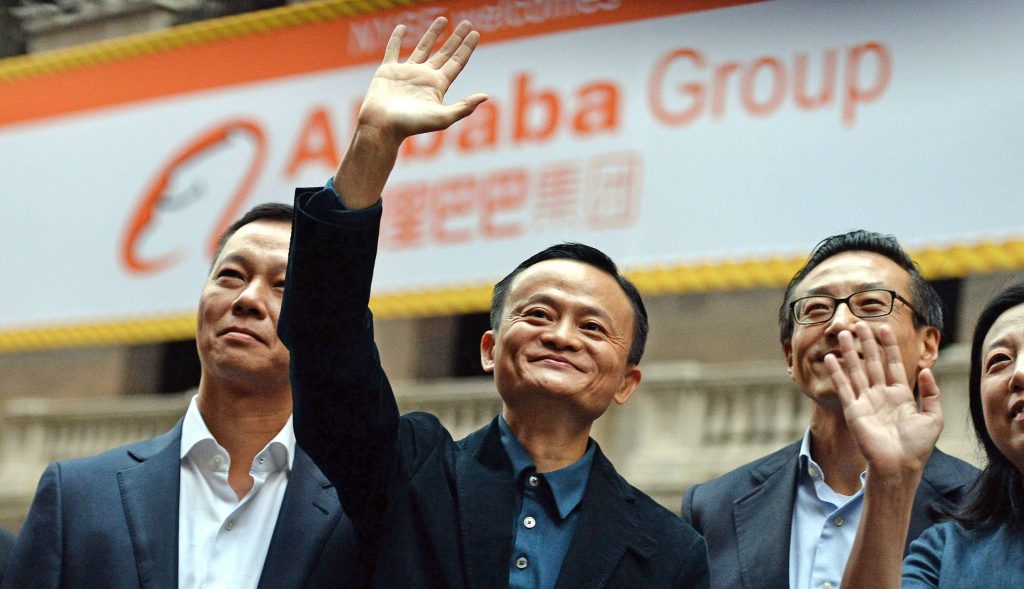|
Getting your Trinity Audio player ready...
|
Alibaba, one of China’s most prominent tech giants, announced on Tuesday that it would undergo a major overhaul, splitting into six separate business groups. The restructuring is one of the most significant overhauls of a leading Chinese tech firm to date, and aims to “unlock shareholder value and foster market competitiveness,” according to a statement by Daniel Zhang, the company’s chairman, and CEO.
Under the new arrangement, each of the six newly established units will be managed by its own CEO and board of directors, allowing each separate business to pursue its own fundraising and public listing plans. A key exception to the restructuring is Taobao Tmall Commerce Group, which will remain wholly owned by Alibaba Group.
The reorganization is intended to create a more “nimble structure” and will also involve cuts to the firm’s middle and back office functions. Alibaba hopes that the new structure will bring greater market visibility to the value of its diverse business operations and enhance decision-making, enabling faster responses to market changes.
The changes will not affect Alibaba shares currently listed in New York and Hong Kong, the company said. The move comes as China’s internet companies face unprecedented headwinds, with combined revenue at these companies shrinking by just over one percent to 1.46 trillion yuan ($212 billion) in 2022, the first contraction in almost a decade, according to data from the Ministry of Industry and Information Technology.
Alibaba founder Jack Ma has kept a low profile since late 2020 when a speech he made attacking Chinese regulators was followed by Beijing pulling the plug on Alibaba affiliate Ant Group’s planned IPO. Having ballooned into a sprawling corporate behemoth since its founding in 1999, the company has been seeking new ways to drive growth and reinvigorate its development.
Referring to the plan as a “transformation,” Zhang said in the statement that it would make Alibaba “more agile, enhance decision-making, and enable faster responses to market changes.” Ma has recently emphasized the need for Alibaba to embrace artificial intelligence technology, as new tools such as ChatGPT appear poised to reshape the global industry.
The restructuring is also expected to create more focus on Alibaba’s core business operations, including cloud computing, e-commerce, logistics, media and entertainment, and artificial intelligence. By separating these businesses, each can be more specialized and efficient in their operations, which will likely lead to increased growth and profitability.
The move is seen as a way for Alibaba to adapt to the changing landscape of the Chinese tech industry, which has faced increased regulation from the government in recent years. The split will allow each business to operate more independently, reducing the risk of government interference in its operations.
Alibaba’s reorganization is also part of a wider trend among Chinese tech firms, which are increasingly seeking to diversify and expand their operations. By creating a more agile structure, Alibaba hopes to stay ahead of its competitors and maintain its position as one of China’s most important tech giants.
Despite the challenges facing China’s tech industry, Alibaba’s leadership remains optimistic about the future. “We are excited to embark on this new chapter of our journey, and we are confident that this transformation will position us for continued success in the years ahead,” said Zhang in the statement.
As Alibaba continues to evolve and adapt to the changing landscape of the Chinese tech industry, its leadership remains focused on driving growth and innovation across its diverse businesses. With a new, more nimble structure in place, the company is poised to meet the challenges of the future and continue to deliver value to its shareholders and customers alike.
